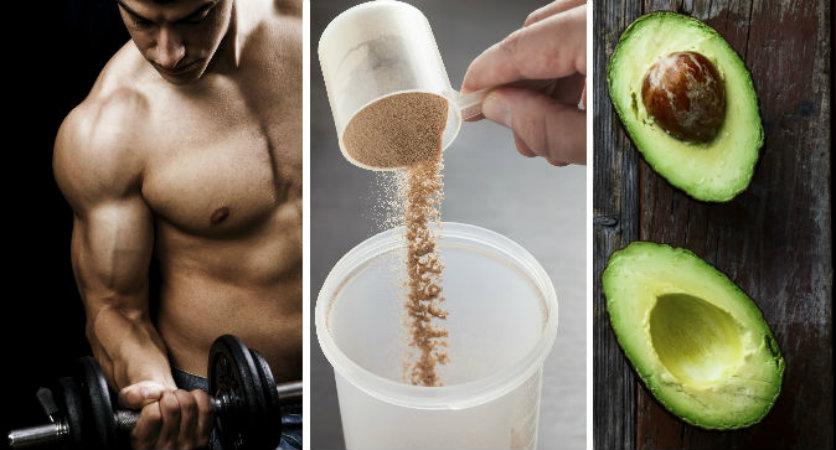Testosterone, a hormone produced primarily by the testicles, is often associated with the epitome of “manhood” (although women have testosterone, too).
Indeed, it does play a large role in male sexuality and reproduction, impacting such factors as sexual and reproductive function, muscle mass, and hair growth, but also has some less “flashy,” albeit equally important, roles like maintaining bone density, levels of red blood cells and a sense of well-being.
Beginning around age 30, a man’s testosterone levels begin to decline, and continue to do so as he ages.
A wide range of chemical exposures included prescribed drugs like statins, adversely impact testosterone production in men. At the same time, estrogen levels typically increase due to widespread exposures to estrogen-mimicking compounds in food, water and environmental pollutants.
What are Your Options for Replacement?
If you’re a man who’s experiencing symptoms such as decreased sex drive, erectile dysfunction, depressed mood, and difficulties with concentration and memory, and you think low testosterone may be to blame, you can have your levels tested. Since testosterone levels fluctuate throughout the day, you'll probably need more than a blood test to get a true picture of your levels.
If your levels are indeed low, there are a number of synthetic and bioidentical testosterone products on the market, as well as DHEA, which is the most abundant androgen precursor prohormone in the human body, meaning that it is the largest raw material your body uses to produce other vital hormones, including testosterone in men and estrogen in women.
I only recommend using bioidentical hormones, and only then under the guidance of a holistic doctor who can monitor your hormone levels to ensure you need supplementation.
But, before you opt for this route, there are numerous strategies you can try to boost your testosterone levels naturally. These are appropriate for virtually anyone, as they carry only beneficial “side effects.”
9 Ways to Naturally Increase Testosterone Levels
1. Lose Weight
If you’re overweight, shedding the excess pounds may increase your testosterone levels, according to research presented at the Endocrine Society’s 2012 meeting. Overweight men are more likely to have low testosterone levels to begin with, so this is an important trick to increase your body’s testosterone production when you need it most.
If you are serious about losing weight, you have got to strictly limit the amount of processed sugar in your diet, as evidence is mounting that excess sugar, and fructose in particular, is the primary driving factor in the obesity epidemic. So cutting soda from your diet is essential, as is limiting fructose found in processed foods, fruit juice, excessive fruit and so-called “healthy” sweeteners like agave.






